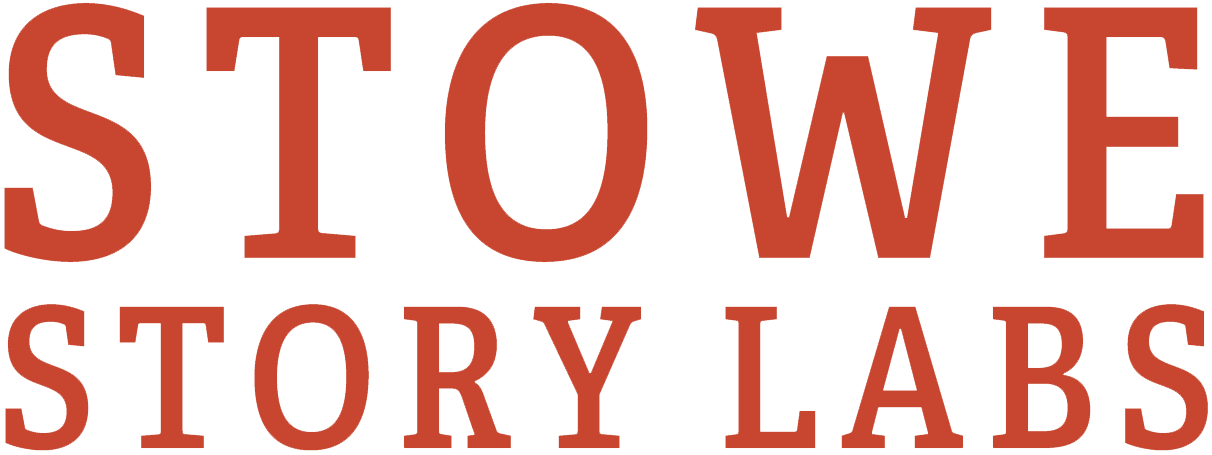We Win When We Don't Notice: Diversity and Inclusion in Film
By Darrien Michele Gipson
Brian Tyree Henry (ATLANTA), Yolonda Ross (THE CHAI), Sterling K. Brown (THIS IS US), Darrien Michele Gipson and Trevante Rhodes (MOONLIGHT) at the 2017 Film Independent Spirit Awards Nominee Brunch.
Let's have a frank discussion about diversity and inclusion.
Sure, I could state the statistics (again) about the disparity in jobs and pay - but you've heard it. I could write about the lack of opportunity (again) and we will all nod our heads in sorrow. None of this seems to be moving the needle. So what does real inclusivity mean and why should we bother?
First, the why; because it makes economic sense. Those dreaded statistics show that, the more diverse the cast of a film, the greater audience it is likely to garner. That means more money and that is something we can all get behind, right? But what does it take to find that diverse cast? Um... a casting notice, a decent casting director and an open director/producer/studio mind. It's really that simple. If anyone of us was at the DMV right now (and if you are, I am so sorry), we would see all walks of life around us. Better yet, if you've gone to a restaurant, parked your car in a parking structure or gone to a grocery store, you would see every shade and color and manner of people. So it should be shocking and uncomfortable to an audience to see a screen full of people that all look exactly alike. That is just not the world we live in.
As for the industry economics, when women and people of color are in control behind the camera, more of the other positions will also gain better inclusivity. Cameras are operated by women who, shockingly, have been found to also have eyes(!) and talent and skill as cinematographers. It turns out that women can be electricians and people of color can head prop departments! It boggles the mind to think what else might be possible; perhaps a woman could be in charge of set design! What?! The industry is stronger when all those who are in it are working equally.
But what does real inclusivity mean? It means that not every picture featuring a cast of people of color has to be an epic historical drama. And here is where it gets really difficult; not every diverse film needs to be made for an Oscar campaign. Because real inclusivity isn't just a small film with people of color that is so touching and so good that it demands the attention of the Academy and wins an Oscar - not that it isn't thrilling when that happens. No, real inclusivity is when women are offered jobs that may or may not have any women IN the film. STEEL MAGNOLIAS was directed by a man and no one questioned whether he could get into the mindset of women (and I would argue that men historically have "issues" with understanding women). But, somehow, women only understand women....... and weddings....... and shoes. That is, apparently, the scope of our knowledge. True inclusivity is when more people of color are offered films that are not just set in the inner-city and about racial themes. We're getting there. Ava DuVernay has directed A WRINKLE IN TIME. Finally, a woman AND a person of color is given an opportunity to make a movie that is not directly marketed just to her friends. That was big, but it came after NOT being offered movies until she made several that garnered attention, and after she was offered a big movie that was not necessarily her style but would have black people in it. If a thirty-year-old white male with one major festival film under his belt was offered WRINKLE no one would have noticed, because that's the norm.
I look forward to the next time a woman is offered a $100 million film, or the next Latina filmmaker is offered a completely "mainstream" (and that concept is fodder for a different discussion) film, and we don’t notice; when it is not newsworthy.
THAT is real inclusivity; when opportunity exists for everyone and talented people get good jobs become they are talented. Period. Regardless of their gender or the racial makeup.
Darrien Michelle Gipson, a graduate of the Peter Stark Program at USC and a USC President Samples Fellow, is a Stowe Story Labs Mentor. She is the National Director of SAGindie and previously was the VP of Development at DEF Pictures.
Darrien Michele Gipson (left) with SAGindie / Stowe Story Labs Fellow Selena Mars


